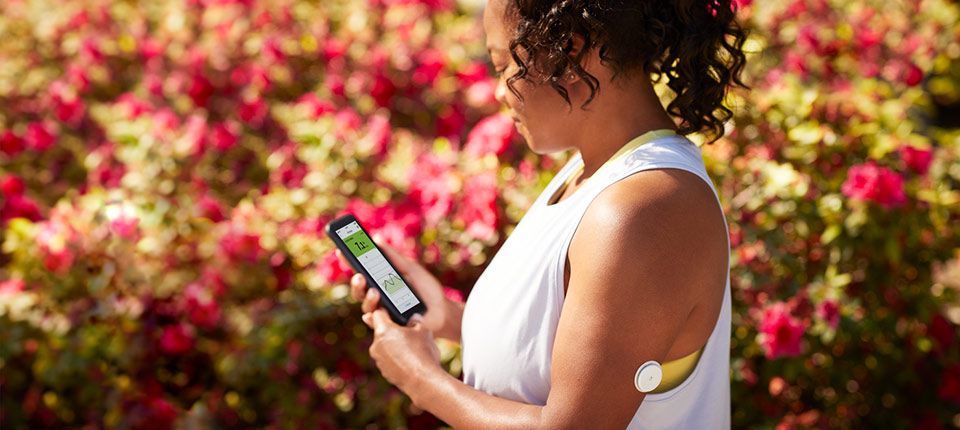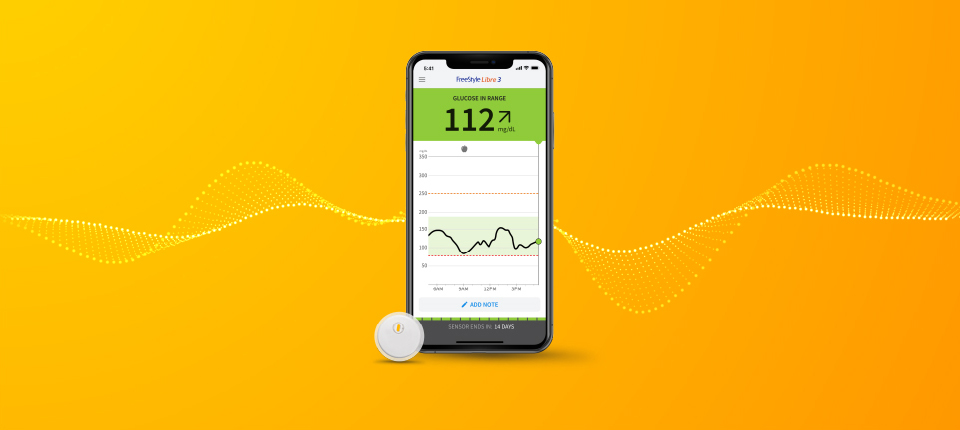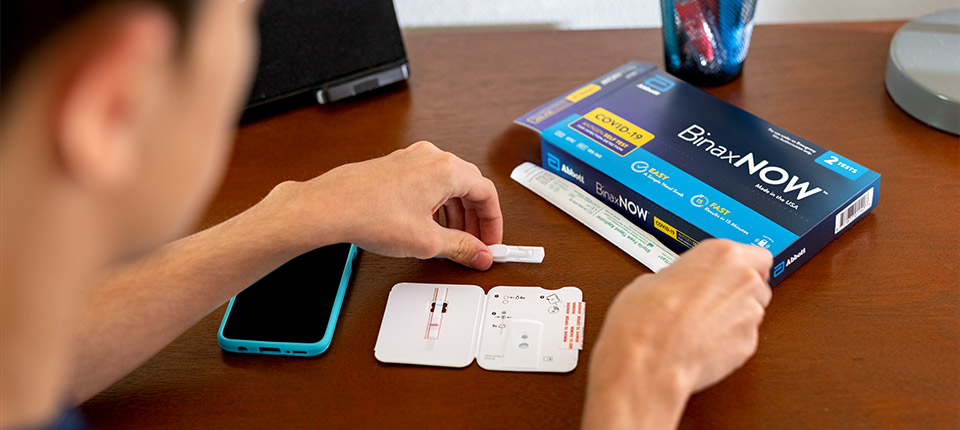In honor of caregivers, meet Amy Lingenfelter, who cares for her husband Duane while he lives with heart failure.
Amy Lingenfelter is a worrier. She'll tell you that herself. Her husband, Duane, would agree.
So when Duane started exhibiting symptoms of congestive heart disease that sidelined him from his favorite activities, Amy was scared her time with Duane was coming to an end. She steeled herself to care for her husband of 55 years. Then the CardioMEMS™ HF System — innovative heart failure monitoring technology from Abbott — gave the Lingenfelters their lives back. This is their story.
A Failing Heart, A Worried Wife
Amy knew something was wrong.
Duane had been lethargic for about six months. He was short of breath. Tired all the time. He just felt kind of ... "blah" ... as he put it.
That wasn't like him. Duane loved being active with the men's group at his church just outside of Dallas. He loved going to his grandkids' games but no longer had the energy to do those things.
He just wasn't the same person, Amy says. He didn't talk much. Distant. He sat around the house, too exhausted to do much more than read.
And those were the times he wasn't in and out of the hospital. After one visit, their cardiologist made it clear: Duane's heart was failing.
As Duane's heart got worse, Amy started losing sleep. She spent many nights awake by Duane's side, making sure his heart didn't stop in his sleep.
After a while, even walking around the house became difficult for Duane.
"He was staggering, and I'd have to hold on to him going from one room to the next," she said. "It was scary."
Duane was worried that he'd never get better. So was Amy.
"Every time he went into the hospital, I'd call up our daughters, thinking we were going to lose him," Amy said.
One daughter lives next door; the other lives across the country. They are a close-knit family and stay in touch regularly, even when they're far apart. One Christmas, Duane grew so ill that Amy wondered whether their oldest daughter should come home for the holiday — to say goodbye.
But each time, Duane would rally and come home.
A Life-Changing Technology
Heart failure can be difficult to manage. Small changes can make symptoms worse if treatment isn't adjusted quickly. If symptoms aren't managed, a person can end up in the hospital, as Duane did five times in three months.
After yet another trip to the hospital, Duane's doctor suggested a new technology, one that could provide them with peace of mind and better medical management: the CardioMEMS™ HF System.
They didn't know what the device was, but if it could help, they wanted to try it.
"I didn't want to give up," Amy says. "I wanted more time."
The CardioMEMS™ PA Sensor is a small device (about the length of a small paper clip) implanted into your pulmonary artery that sends information wirelessly to your doctor, allowing your care team to keep tabs on your heart and manage heart failure. The system measures pulmonary artery pressure; changes in this pressure are an early sign that heart failure is getting worse. By detecting these changes before you start having symptoms, the CardioMEMS device allows your doctor to make immediate adjustments to your treatment plan.
After receiving his CardioMEMS device, which allowed his doctors to proactively adjust his treatment, Duane showed almost immediate improvement in his health.
"He was a different person," Amy said. "He could enjoy life and start doing things. Our two youngest grandsons are nearby, and we go to their games now."
Sleeping Easy
These days, Amy and Duane sleep soundly. Thanks to the CardioMEMS™ HF System, they know that someone is always looking after Duane's heart. Duane has easily been able to incorporate the system into his morning routine. Each morning, he lies on a pillow that takes readings and sends them to his local heart failure clinic. If the readings cause any concern, doctors adjust his treatment.
"It's nice to have things back to normal," Amy said. "I don't have to be by his side all the time. I'm sure he's glad to be able to get away from some of my — not nagging, but watchfulness now that he can drive himself places again."
Duane's had his CardioMEMS™ HF System for three years. He hasn't been back to the hospital since. He's regained his independence. He can drive himself around again. He can cook again — and frequently does.
Though he still needs to be diligent about his heart failure treatment, Amy and Duane no longer stress about surprises when traveling or heading out to events with their grandkids.
"I don't worry as much about heart failure now, because I know somebody is monitoring it," Duane said. "Without it, I worry about the unknown sneaking up on me. That's the peace of mind I get with the system."






FOLLOW ABBOTT